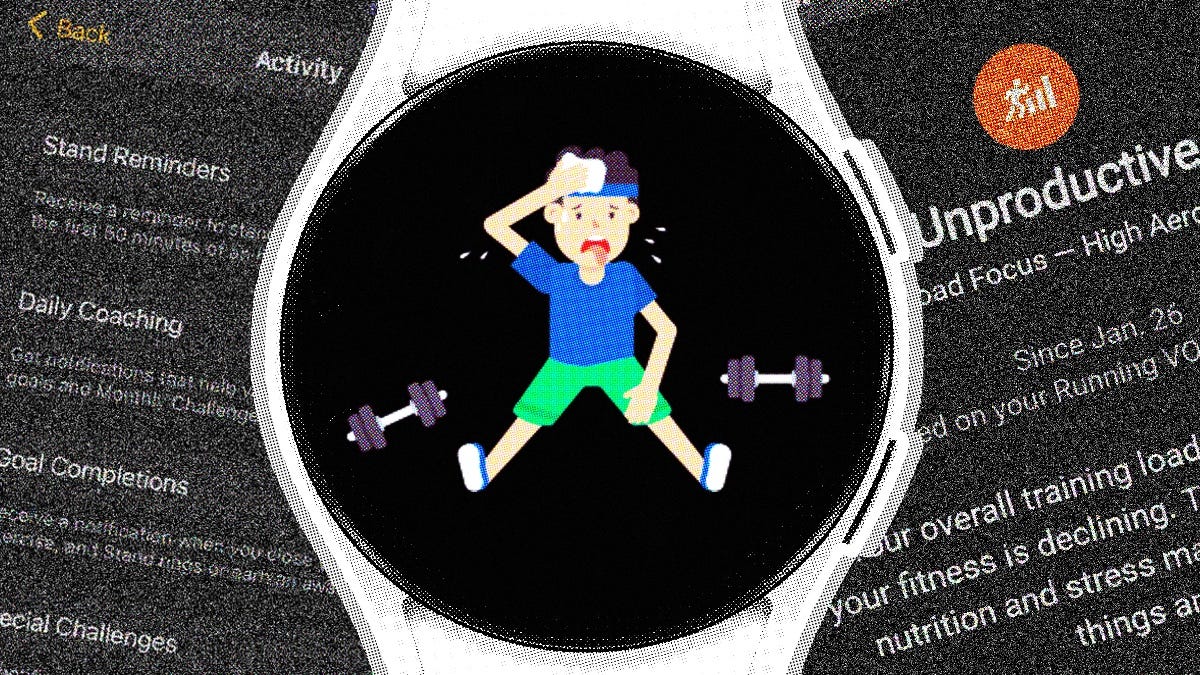Have wearables failed us? Why more data doesn’t always equal better outcomes
It's time to rethink how we use wearables for health and fitness
While we were once content to clip on a pedometer and simply monitor our steps, wearables have quickly developed to collect complex data such as heart rhythms, sweat output, and sleep stages.
Even as the insights have become richer, though, the research continues to deliver the same message as it did 10 years ago: having more data isn’t necessarily better for us.
A new paper from the Institute for the Future of Work (IFOW) shows that workers who use wearables frequently as part of their job have a worse quality of life - another stitch in the long thread of examples that show how wearables might be failing us.
There are studies to suggest we aren’t able to achieve goals with any greater effect by using trackers, with plenty of evidence also hinting that those who need wearables the most are the least likely to use them.
For runners, as well, it’s been shown that measuring outcomes can be inherently self-limiting — with huge pools of people more focused on reaching a milestone than achieving their fastest possible time.
Is it possible to use wearables to improve our lives, then, or are we all on a separate journey toward data overload? We asked the experts.




